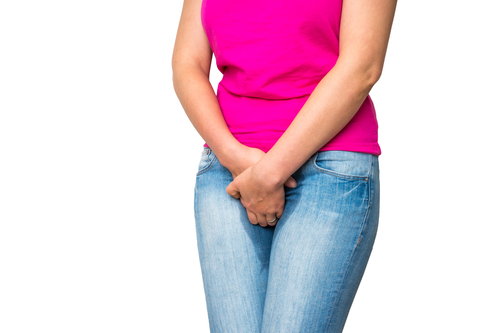
Polydipsia is a symptom of several types of health issues including diabetes. A person that is suffering from polydipsia should seek medical attention in order to determine the underlying cause for this symptom.
Polydipsia is most notable for causing a person to feel extremely thirsty. Typically, if a person has eaten a salty meal, sweat a lot, or spending time out in the sun, they may become very thirsty. This type of thirst is often easy to quench simply by drinking appropriate fluids.
When it comes to how much water a person needs to drink in order to stay hydrated, the amount varies based on how active they are and the type of climate that they reside in.
Polydipsia causes a person to feel extreme thirst that cannot be quenched and it can last for several days up to several weeks or longer.
Here are some of the other symptoms associated with polydipsia.
1. Frequent Urination
A person with polydipsia may notice that they are urinating quite frequently. There are several types of diseases and conditions that may also cause frequent urination.
When a person is urinating frequently the body may feel a need to constantly replace the fluids that are being lost during urination. In addition, there are some natural physical processes such as sweating, taking drugs, or eating a diet that is high in salt that can cause a person to lose a lot of fluids.
As the body is losing fluids it can cause a person to become extremely thirsty because the body inherently wants to remain hydrated and keep fluids moving throughout the body.
If you are suffering from some type of infection that is causing you to urinate frequently, you may develop polydipsia, which means that you may have a thirst that is not quenchable no matter how much you continue to drink.


